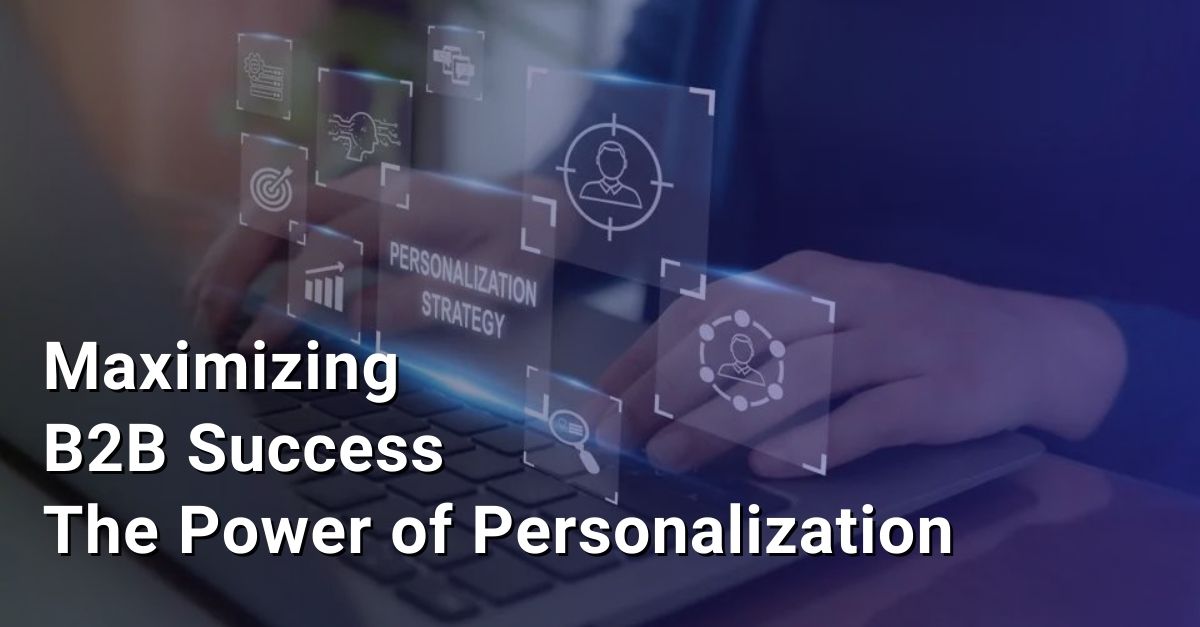Today we are witness to tech innovations that redefine the boundaries of possibility. One innovation stands at the forefront of this revolution– Generative Artificial Intelligence (AI). Just its presence on the horizon begs the question – will these machines outperform the human mind? Or will they serve as our partners, enabling us to reach new levels of personalization and consumer engagement in e-commerce? And how can we leverage generative AI to shape this new future brimming with personalization?
For those new to the concept, generative AI refers to a type of AI that leverages unsupervised and semi-supervised algorithms to create novel content based on previously generated data. This can encompass anything from text, audio, and video to images and code, giving these AI systems a unique ability to “create” in response to specific prompts.
Now, let’s take a closer look at the integral role that generative AI can play in enhancing the e-commerce experience:
Generative AI Chatbots:
One of the most notable applications of generative AI in e-commerce is the advent of AI chatbots. These bots utilize previously generated data, like customer browsing history or purchase records, to generate relevant and personalized responses. ChatGPT from OpenAI, for example, can simulate human-like conversation and is becoming increasingly proficient in handling customer inquiries. By providing immediate, 24/7 customer service, chatbots can improve the customer experience while simultaneously reducing operational costs.
While these AI chatbots already perform impressively, the future could bring even greater advancements. Can we envision a future where AI not only responds to customer queries but anticipates needs before they even arise?
Personalization Engines:
In the era of hyper-personalization, e-commerce platforms are under pressure to deliver increasingly tailored experiences. Generative AI can help by analyzing large datasets, learning from user behavior, and generating personalized product recommendations. Companies like Amazon have already harnessed the power of AI to offer product suggestions based on customers’ previous purchases and browsing history.
As we look ahead, it’s exciting yet uncertain to predict how these recommendation systems might evolve. Will they advance to a point where they can anticipate and adapt to changing consumer tastes in real-time?
Customer Support Services:
Generative AI can also be harnessed to provide high-quality customer support. AI platforms, such as Forethought’s Agatha (Now Triage), can be trained to respond to frequently asked questions, and even handle complex queries, offering precise product suggestions and advice. By doing so, they provide a level of customer service that is both efficient and highly personalized.
Reduced Costs:
One of the key advantages of integrating generative AI into e-commerce is cost reduction. By automating tasks like customer service, companies can free up resources and save on operational costs. The automation benefits of generative AI are undeniable– AI systems, unlike humans, can operate round-the-clock, offering uninterrupted service to customers across different time zones.
Remember, while the benefits of generative AI in e-commerce are immense, it’s essential to remember the value of human interaction. AI is only a tool designed to augment human efforts, not replace them entirely. High-value interactions, particularly those requiring a deep understanding of customer emotions or complex decision-making, still need the human element.
The integration of generative AI in e-commerce marks an exciting new chapter in online retail, and we’re only just scratching the surface. As we venture further into this AI-driven future, the potential for more sophisticated and personalized e-commerce experiences is truly limitless.
From AI chatbots to personalization engines and customer support services, the integration of generative AI into e-commerce is already redefining the way we interact with online platforms. The potential of these AI systems to offer round-the-clock service, analyze vast datasets, and tailor experiences like never before, is just the tip of this digital iceberg. However, it remains vital to maintain the human element in these digital interactions. Machines may eventually outstrip human capabilities in this sphere, but until then they serve as a tool hopefully leading to an age of unprecedented personalization in e-commerce. Only one thing is certain– as we continue to leverage generative AI, we venture into a realm of limitless potential, and the future of e-commerce appears more exciting than ever.




